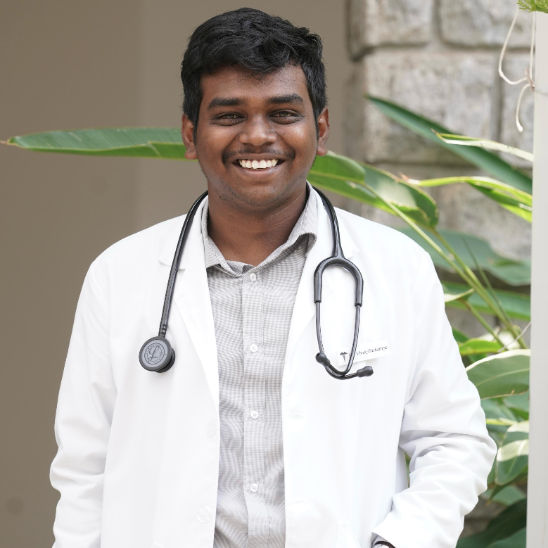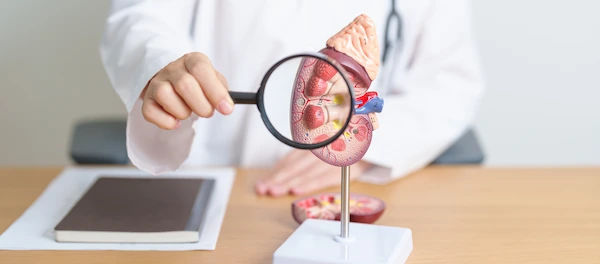Benefits of NextGen HLA Testing in Transplants
NextGen HLA testing offers precise donor-recipient matching for organ and stem cell transplants. Learn how it improves success rates, reduces rejection risks, speeds up results, and ensures better long-term outcomes.


If you or a loved one is preparing for an organ or stem cell transplant, you may have heard about NextGen HLA testing. This advanced genetic test plays a crucial role in ensuring transplant success by improving compatibility between donors and recipients.
In this article, we’ll explain what HLA testing is, why NextGen HLA testing is beneficial, and how it can make transplants safer and more effective.
What is HLA Testing?
HLA (Human Leukocyte Antigen) testing is a genetic test that helps match donors and recipients for organ or stem cell transplants. HLAs are proteins found on the surface of most cells in the body, and they help the immune system recognise which cells belong to the body and which are foreign.
A close HLA match between the donor and recipient reduces the risk of rejection, where the recipient’s immune system attacks the transplanted organ or cells.
What is NextGen HLA Testing?
NextGen HLA testing (Next-Generation Sequencing for HLA) is a highly advanced method that provides more precise
and detailed genetic information compared to traditional HLA typing.
How is it Different from Traditional HLA Testing?
NextGen HLA testing uses DNA sequencing to analyse HLA genes at a deeper level, helping doctors find the best possible match for a transplant.
Key Benefits of NextGen HLA Testing in Transplants
1. Higher Precision in Matching
- Detects minor genetic differences that older tests might miss.
- Reduces the risk of graft rejection (when the body attacks the new organ).
- Improves long-term transplant success.
2. Better Outcomes for Stem Cell Transplants
- Essential for bone marrow and stem cell transplants, where HLA matching is critical.
- Lowers the chance of Graft vs. Host Disease (GVHD), a serious complication where donor cells attack the recipient’s
body.
3. Faster and More Efficient Testing
- Provides quick and reliable results, helping doctors make timely decisions.
- Useful in emergency transplant cases where time is crucial.
4. Helps in Finding Rare Matches
- Useful for patients from diverse ethnic backgrounds, where finding a match is harder.
- Expands the pool of potential donors by identifying compatible but not perfectly matched donors.
5. Reduces Need for Multiple Transplants
- A well-matched transplant lasts longer, reducing the need for repeat surgeries.
- Lowers healthcare costs and improves the patient’s quality of life.
Who Needs NextGen HLA Testing?
This test is recommended for:
- Organ transplant candidates (kidney, liver, heart, lung, etc.).
- Stem cell or bone marrow transplant patients.
- Patients with rare HLA types struggle to find a match.
- Family members are being evaluated as potential donors.
How is NextGen HLA Testing Done?
The process is simple and non-invasive:
- A blood or saliva sample is collected.
- The sample is analysed in a lab using DNA sequencing technology.
- Results are shared with the transplant team to determine the best donor match.
Tips for Patients Preparing for a Transplant
If you’re undergoing a transplant, here are some ways to improve outcomes:
1. Follow Your Doctor’s Advice
- Take prescribed medications to prevent rejection.
- Attend all follow-up appointments.
2. Maintain a Healthy Lifestyle
- Eat a balanced diet to support recovery.
- Stay hydrated and avoid smoking/alcohol.
3. Monitor for Rejection Signs
- Watch for symptoms like fever, swelling, pain, or fatigue and report them immediately.
4. Stay Positive and Seek Support
- Join transplant support groups for emotional and practical advice.
When to Consult a Doctor?
If you or a family member is considering a transplant, consult a specialist to discuss HLA testing options. Early testing
improves the chances of finding the best match.
You can book a consultation or schedule a NextGen HLA test through Apollo 24|7 for expert guidance.
Final Thoughts
NextGen HLA testing is a breakthrough in transplant medicine, offering better matching, fewer complications, and improved success rates. If you’re preparing for a transplant, talk to your doctor about this advanced testing option.
A well-matched transplant means a healthier, longer life, make sure you get the best possible match with NextGen HLA testing.
Consult a General Practitioner for Personalised Advice
Consult a General Practitioner for Personalised Advice

Dr D M Karthik
General Practitioner
4 Years • MBBS, Fellowship in Diabetes Mellitus, Advance certificate in Diabetes Mellitus, Derma Nutrition Certification
Visakhapatnam
Apollo 24|7 Clinic - Andhra Pradesh, Visakhapatnam

Dr. M L Ezhilarasan
General Practitioner
6 Years • MBBS
Visakhapatnam
Apollo 24|7 Clinic - Andhra Pradesh, Visakhapatnam

Dr. Rupam Chowdhury
Orthopaedician
10 Years • MBBS, DNB (Ortho.)
Kolkata
MCR SUPER SPECIALITY POLY CLINIC & PATHOLOGY, Kolkata

Dr. Vivek D
General Physician
4 Years • MBBS
Bengaluru
PRESTIGE SHANTHINIKETAN - SOCIETY CLINIC, Bengaluru

Dr. Ashita Kuruvilla
General Practitioner
7 Years • MBBS
Kolkata
KVC CLINIC, Kolkata




